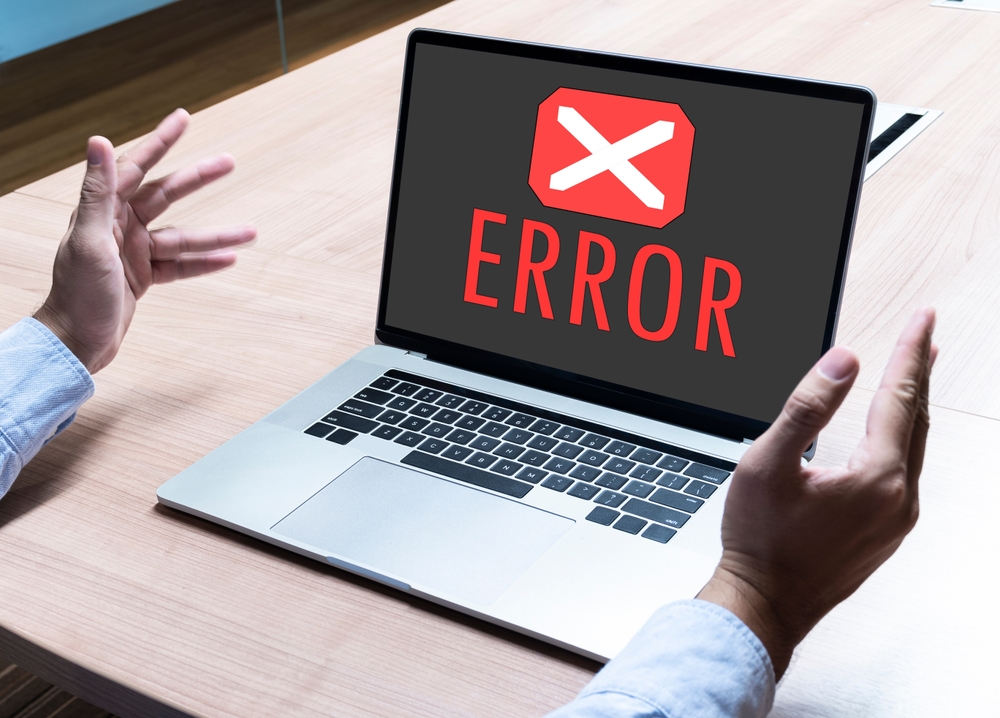The world is changing; though it would be easy to ‘blame’ the pandemic for why leaders might need to add to their capability levels, the need to shift our skills has been coming for some time.
What people want from work and what they are willing to sacrifice for a job has been evolving well before Covid.
The big question is how can leaders meet employees’ new ‘want’ list whilst also balancing business outcomes in a turbulent and unpredictable economy?
I read the latest Harvard Business Review (HBR) for the summer, in which this broad topic was debated. The consensus was that becoming good with people is the overall driver for success.
As a leadership training company delivering hundreds of programmes over the years, we are constantly tweaking and adapting our content for a changing marketplace, which is not surprising when you look at what is happening in organisations across the globe.
Leaders Are Still Making Fundamental Errors

Basecamp, the well-respected software company, lost a third of its employees over an issue related to an inappropriate poll about customer names led by two senior team members who alarmingly were part of the diversity, equity, and inclusion committee.
During the summer of 2020, hundreds of Facebook employees took part in a virtual walkout over the organisation’s leaders refusing to remove ex-president Trump’s posts about George Floyd.
The constant handling of different political ideals in a team is causing chaos for many leaders as the political environment swings wildly across the world.
On the flip side, several large organisations are reacting to Roe versus Wade’s recent overturn compassionately, with companies like Disney, JP Morgan, Meta, and Amazon telling their female staff they will cover employee travel expenses for abortions which I mentioned in a recent post on the new rules of engagement here.
A light at the end of the tunnel, perhaps?
With so much uncertainty and change likely to continue, it’s no wonder businesses are altering their leadership job descriptions to include ‘social skills’ alongside the classic administration and financial capability expertise historically required.
So, what are the critical social skills needed to manage the current workplace in a hybrid first world?
Let’s start with a basic trait all leaders need.
Self-Awareness and Self-coaching
I touched on these two topics in a previous post on mind management which you will find here.
If only the leadership team at Basecamp focused on self-awareness, they possibly wouldn’t be in their current situation.
Developing self-awareness is an essential trait of a great leader. By knowing your values, personality, needs, habits, and emotions and how they affect your actions and the actions of others, you’ll be able to make better decisions as you consider all your options; and logically be a role model to ensure others do the same. A great companion to self-awareness knows the value of being emotionally intelligent.
Advanced Communication Skills

I have labelled this ‘advanced’ to draw your focus on how critical it is to review your ability to communicate with people in your organisation.
As HBR informs us in every post about leadership communication, leaders inspire positive change by empowering those around them to work toward common objectives. A leader’s most powerful tool for doing so is communication.
Effective communication is vital to gain trust, align efforts in pursuing goals, and inspire positive change. When communication is lacking, vital information can be misinterpreted, causing relationships to suffer and creating barriers that slow down progress.
It is also vital in a hybrid world; where a quick email rather than a phone call or video call is all too easy to do.
A few questions to consider?
- How often do you seek first to understand and truly listen to an answer before responding?
- How often do you adapt your communication style?
- How transparent are you in your communication?
- How clear are you in your communication?
High Emotional Intelligence
Put simply, Emotional Intelligence is about how well you can interpret emotions- both your own and the feelings of those around you. Using this knowledge, you can then react calmly when under pressure and in a manner that creates positive results.
A high level of Emotional Intelligence also requires understanding how your emotions affect other people’s emotions, which is particularly important if you are a leader hoping to inspire and encourage.
Leaders tuned into the emotions of others are better able to respond to their needs and are more likely to build strong connections with their teams.
This is especially important when developing relations remotely. Having high emotional intelligence also means the leader displays authenticity, is quick to give appreciation, and is better able to manage their emotions effectively, including stress.
Leaders with higher-than-average E.Q. also focus on being empathetic, a trait required more than ever this year.
Empathy

Empathy is essential to being a ‘modern’ leader; it allows us to build connections with others. Yet until recently, it was overlooked and considered a nice to have rather than an essential leadership trait.
Empathetic leaders focus on identifying with others and understanding their points of view. Take a genuine interest in the people around them – what makes them tick, inspires them, and how they feel.
They want to understand why people are the way they are, and this desire helps them become great leaders who can connect with many types of people and adapt their style depending on who they are interacting with. We always notice this from the participants who attend our Insights training programmes.
I have shared four easy-to-action social skills any leader can improve.
So when will you start?
Until next time,
Julia
How We Can Help Develop Your Leadership Skills
Our range of leadership development programmes focuses on supporting you to improve your leadership capability and productivity, especially in our current turbulent environment. This will lead to better relationships and staff retention, which is particularly critical, as I alluded to in this post.
Click here to find out more or call one of our team on 0845 548 0833.
About Zestfor
Zestfor specialises in developing leadership Training programmes and resources scientifically tailored for technical markets – including Pharmaceutical, I.T., and Life Sciences.
Our blend of in-classroom, online, and virtual live-stream delivery methods will engage and assure even the most introverted team members from the first meeting – whether face-to-face or virtually. So, to have a brief chat, call us on 0845 548 0833.









